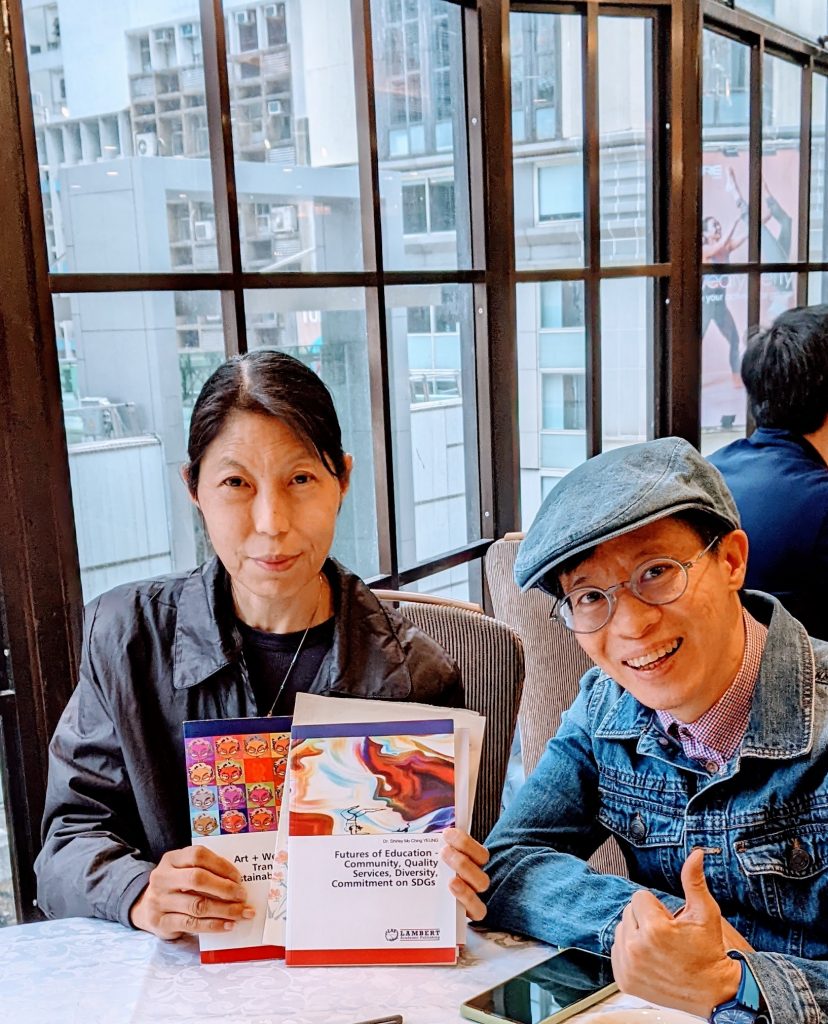Based on the underlying logics of accumulation, Lowendahl (1997) suggests that there are four fundamentally different categories of resources: 1) financial assets 2) tangible resources, such as production equipment, plants, office buildings, etc. 3) human resources, in terms of labor input 4) intangible or information based resources, including competence, reputation, and brand equity” (Lowendahl, 1997, p. 79).
“Competence may be seen as the overall concept covering all aspects affecting the ability to perform a given task, and exists both at the individual level and at the collective or organizational level. The term ‘competence’ has been used in a number of ways, both synonymous with ‘knowledge’ and synonymous with ‘capabilities’. Applying the intangible asset of competence – knowledge with capabilities into the transformation process of Kim, renowned traveler writer/ movie poster designer/ newspaper reporter, the key elements on intangible resources in strategic management for life transformation are:
1)Internal awareness of change with core competence, use of visual graphics is the core competence of Kim; and
2)External appreciation of stakeholders on one’s core competencies to transform, exploring other areas of competences to change and sustain.

Based on the dialogue with Mr. Tsang, Kim Wa, the ‘core competence’ is a broader term, for example, future communication approach under COVID-19 may cover more on visual and graphics with beautifully use of texts to highlight the key message of contents with ratio and scale.
Allocation of contents in paragraphs is also important. This can be developed based on one’s knowledge of the subject matter and clear understanding of the situation, which is based on acquired information, attitude, skills, values from life experience and ‘on-the-job / off-the-job’ training which allow one to reflect, rethink and re-perform certain tasks in a way better than others, making oneself outstanding. Hence, it is crucial to identify your own intangible resources to be a life transformer to create impacts to the community.









